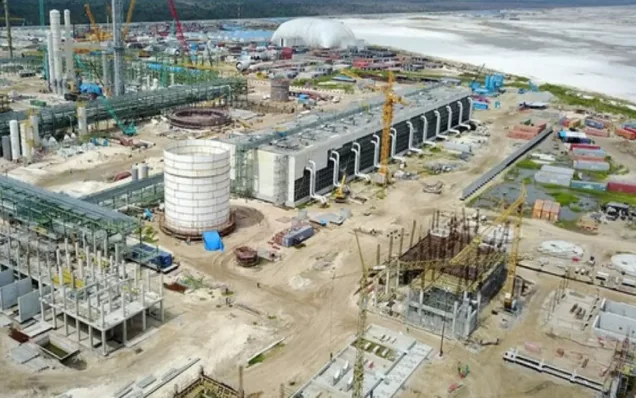The Lagos Chamber of Commerce and Industry (LCCI) has warned that the declining global oil prices pose a risk to stability in the foreign exchange market and may threaten the ongoing negotiation on the new minimum wage.
Mr Muda Yusuf, Director-General of LCCI, gave the warning in Lagos on Monday.
The News Agency of Nigeria (NAN) reports that Data from the Organisation of Petroleum Exporting Countries (OPEC) as at Nov. 29, shows that oil prices are trending down at $59.96 per barrel from $88 per barrel in October.
The figure is below the Medium-Term Expenditure Framework (MTEF) 2019 to 2021 benchmark of $60 per barrel.
Data from LCCI
Yusuf noted that the declining global oil prices posed a major risk to the Federal Government’s economic projections for 2019 fiscal year, as well as impact adversely on its MTEF, if the trend continues.
He said that the foreign exchange market was already responding to the recent sharp fall in oil prices.
The LCCI boss noted that the Naira to Dollar exchange rate had dropped to N370 to a $1 in the parallel market from N363 to $1 that it traded for a better part of 2018.
“There are fears that the sharp fall in oil prices if sustained could lead to a shortage of the US dollars.
“As capital flow reversals intensify, as oil price weakens and as foreign reserves come under pressure, there are worries that the capacity of the Central Bank of Nigeria (CBN) to sustain the current levels of intervention in the foreign exchange market will be tested.
“Reserves currently stands at 42 billion dollars, down from 48 billion dollars five months ago,’’ Yusuf said.
According to him, the improvement in liquidity and relative stability in foreign exchange market witnessed by businesses in 2018 will come under threats due to declining receipts from oil.
“This will have profound impact on the prices of imported goods and services, leading to likely increase in the rate of inflation.
“The fiscal operations of government would be adversely affected and this may further threaten the ongoing discussion around new minimum wage,’’ Yusuf said.
The LCCI boss said the challenging economic conditions required key policy reforms that would support and sustain the stability of the macroeconomic environment.
Yusuf said that the reforms should include a foreign exchange management framework that reflects the market fundamentals; acceleration of the economic diversification agenda; normalisation of Lagos ports environment; and the oil and gas sector reform, particularly the Petroleum Industry Bill (PIB).
Others are: better debt management strategy to ease the burden of debt service; reduction in the cost of governance at all levels; improvement in the domestic revenue (particularly independent revenue) to reduce volatilities in government revenues.
NAN














